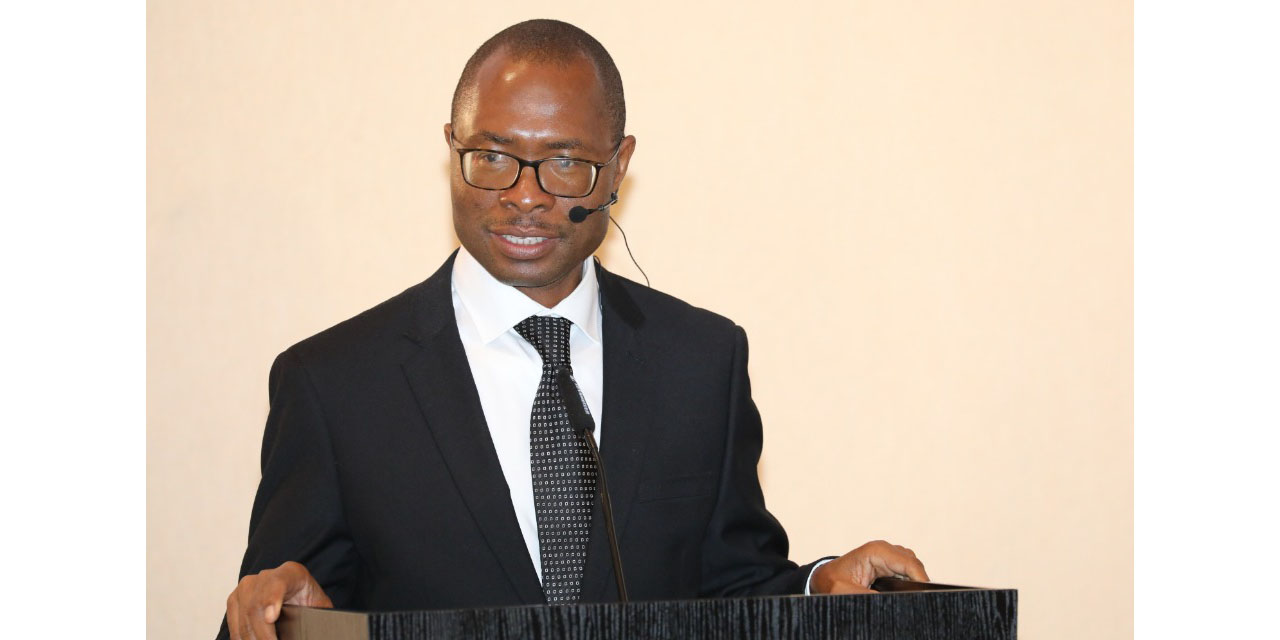Martin Endjala
A green concessional loan facility, targeting youth entrepreneurs will be rolled out to the tune of N$72 million over the next 12 months and is expected to grow to N$300 million by the 2024/25 financial year.
This was revealed by the Minister of Finance and Public Enterprises, Iipumbu Shiimi during his Financial Year 2023/24 National Budget as well as the Medium Term Expenditure Framework for FY2023/24 – FY2025/26 on 22 February 2023.
During the 2023/24 financial year, the Environmental Investment Fund (EIF) through an Ecosystem-based Adaptation Project funded by the Green Climate Fund, will provide grants amounting to N$120 million to at least 36 different community-based organisations for climate change adaptation, resilience and capacity building, according to Shiimi.
Shiimi indicated that the government is in full awareness and recognition of the continued hardships endured citizens across the country.
“While I express gratitude for your forbearance particularly over the difficult economic times, I would also like to express that your government has not forgotten you and your government is a caring government,” Shiimi said.
The concessional green loans are for those wishing to undertake economically viable investments that integrate low-carbon and climate adaptation instruments.
The Fund is said to be one of the few state-owned enterprises that has successfully blended a financing approach that considers the three main pillars of sustainable development, namely, social, economic and environmental considerations.
Lot Ndamanomhata, the fund’s Manager for Corporate Communications said that their green concessional lending product aims to avail sustainable capital for Small and Medium Enterprises (SMEs) wanting to access green financial mechanisms.
Additionally, he noted that the Fund is aware that there is an increasing number of SMEs seeking to capitalise on green and sustainable strategies, incorporating them into their business strategy and aligning their funding mechanisms to sustainable development commitments.
“Supporting SMEs to improve their environmental footprint can promote the transfer, application and diffusion of cleaner production technology and methods to reduce hazardous waste, greenhouse gas emissions, and water pollutants, while also helping them become more competitive; invest funds in such a way that the facility makes a tangible and visible impact in the Namibian economy through the provision of concessional loans”, he said.
This, he says guarantees equity to Namibian individuals and enterprises, targeted mainly to communities predominantly in the rural and off-grid areas, thereby stimulating economic activity through sustainable development-oriented concessional financing; generating acceptable long-term returns compatible with other Southern African investment opportunities in the “green” space.
Ndamanomhata stressed that in order to achieve its investment objective, the fund’s strategy is to target investments that have the potential of making a tangible long-term development impact on the lives and the livelihood of rural communities, thereby unlocking significant economic activity and value and providing credit financing to individuals, Small and Medium Enterprises and farmers.
He maintained that this is likely to be extended over loan terms ranging between 12 – 72 months.




